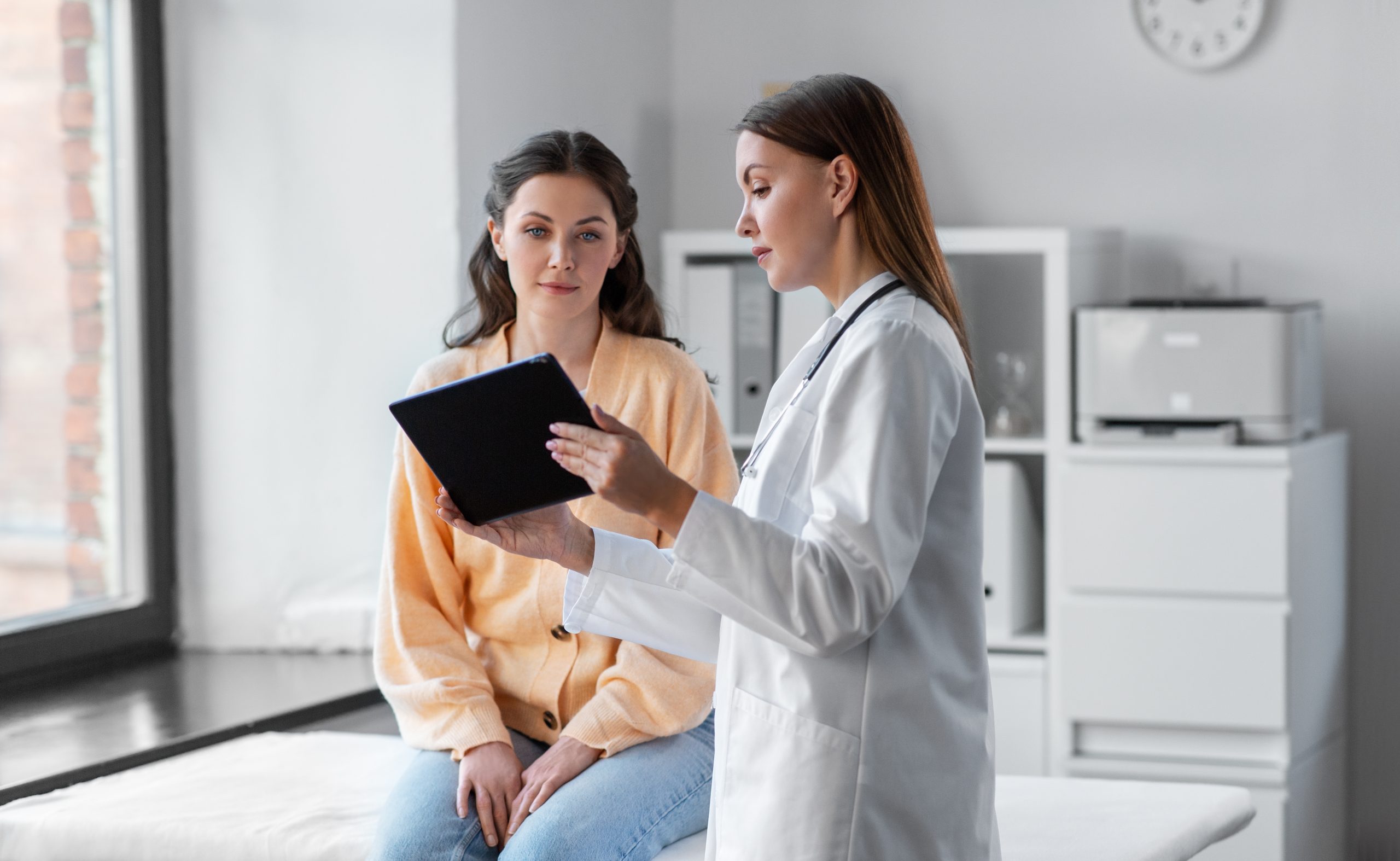
Symptoms:
Petechiae, which are tiny reddish-purple spots – Causes, Diagnosis & Treatment
Book Appointment



Petechiae are tiny, pinpoint-sized, reddish-purple spots on the skin. They are caused by bleeding under the skin’s surface and are not raised. Understanding the potential causes, diagnosis, and treatment options is crucial. These spots can appear anywhere on the body and may indicate a range of conditions, from minor injuries to more serious medical issues.
Please complete the details and we will book you shortly.